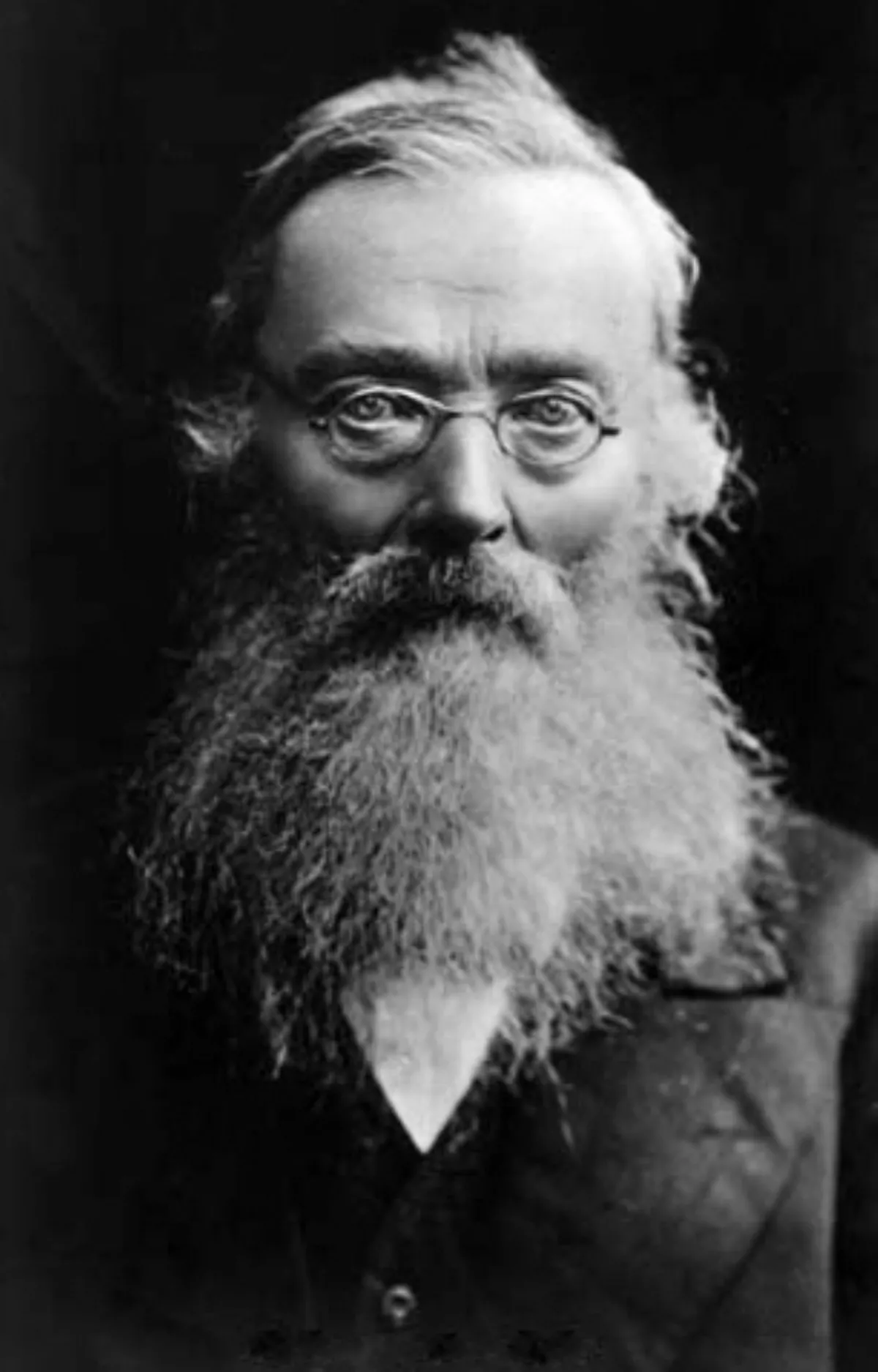 1.
1. Mykola Kostomarov was a professor of Russian history at the St Vladimir University of Kiev and later at the St Petersburg University, an Active State Councillor of Russia, an author of many books, including his biography of Bohdan Khmelnytsky, research on Stepan Razin, and his fundamental three-volume Russian history in the biographies of its most important figures.